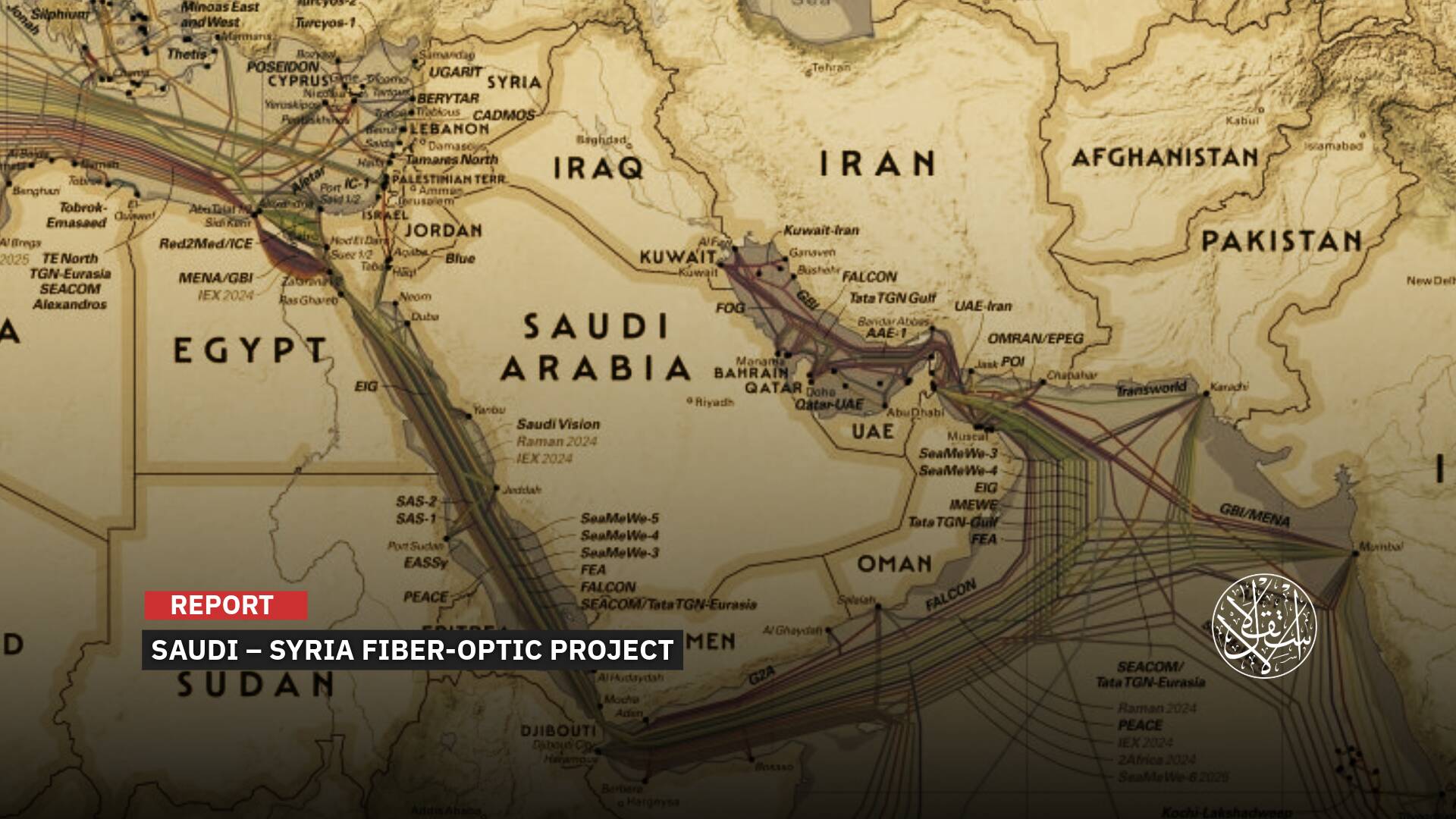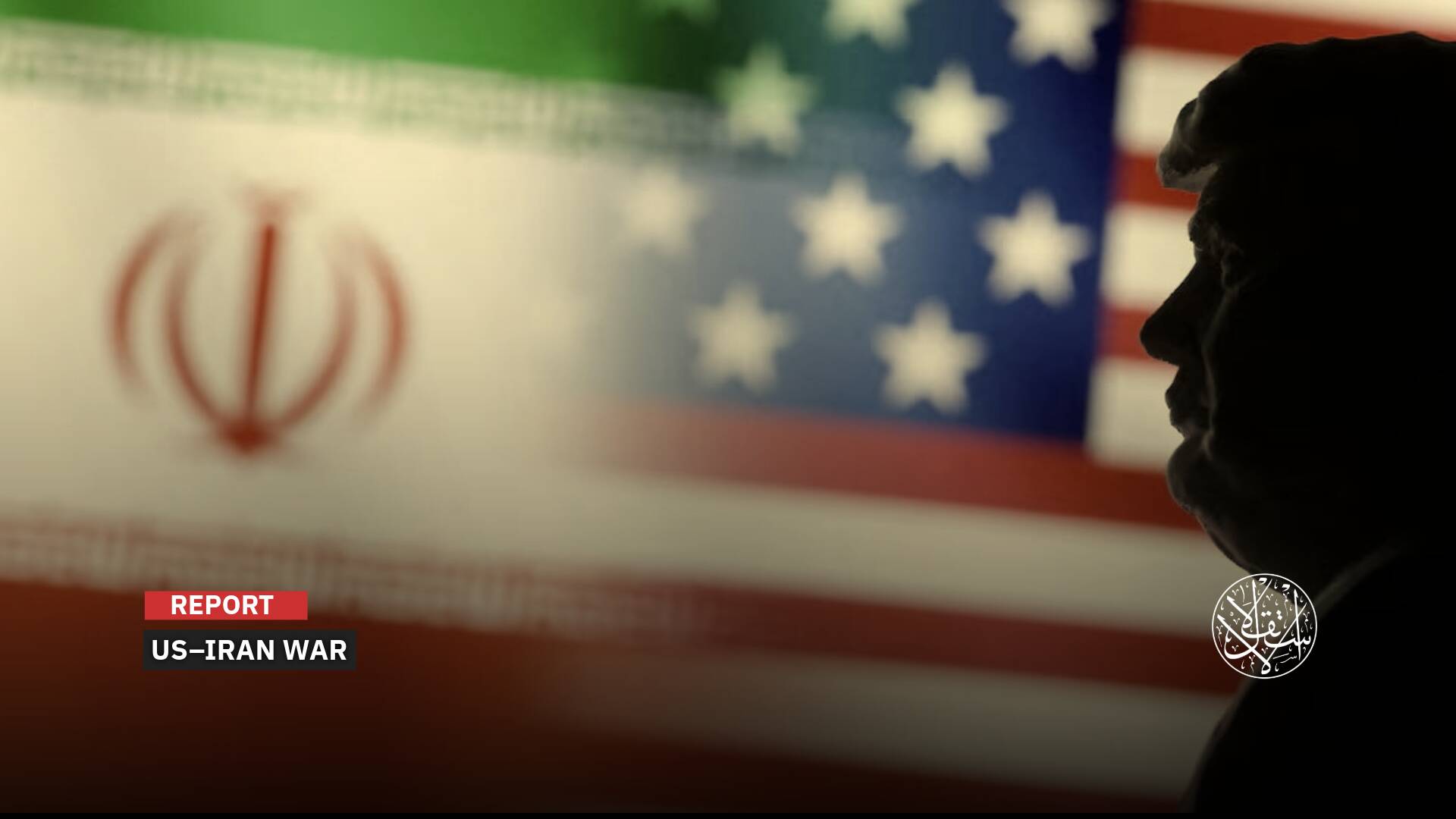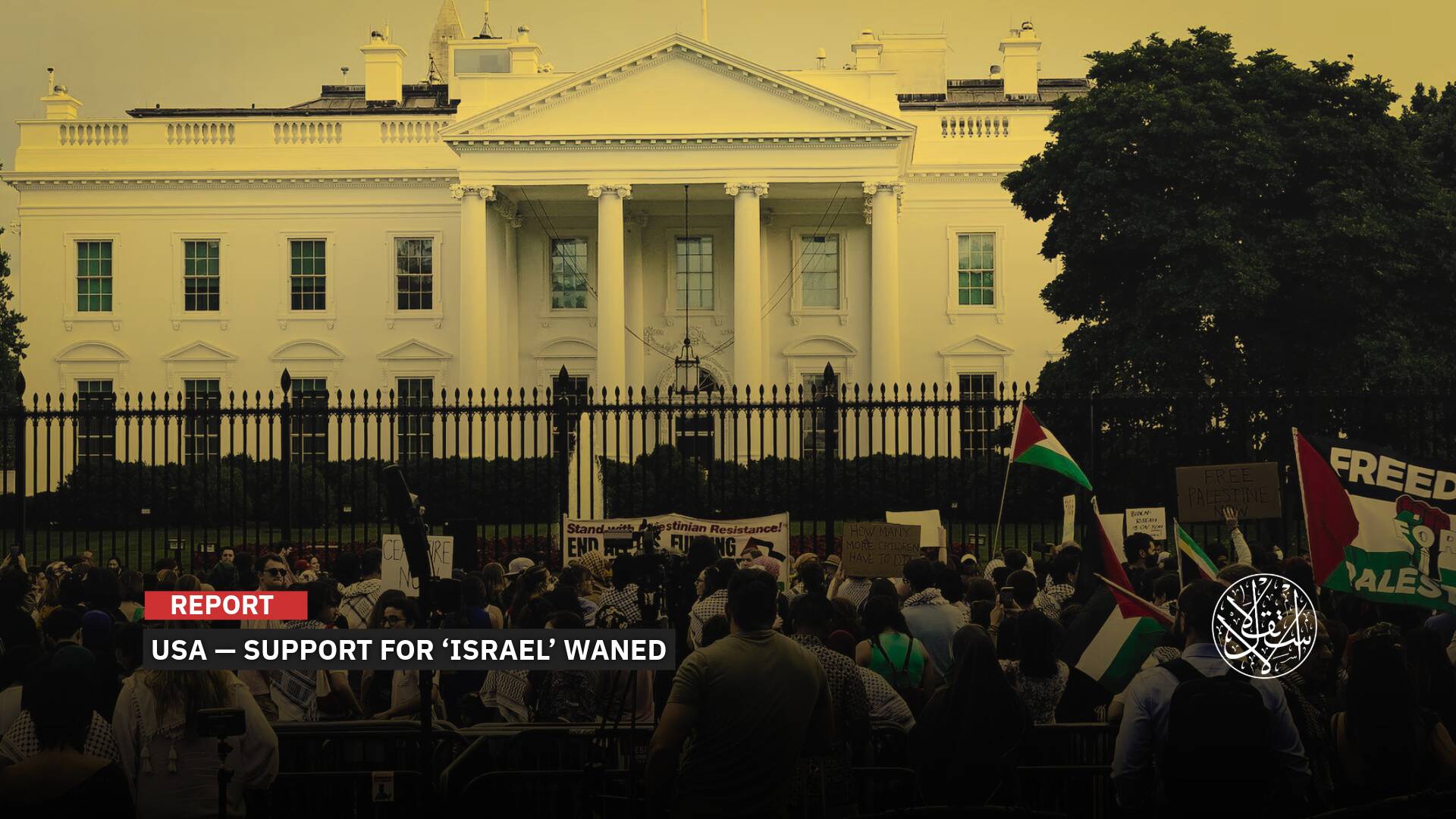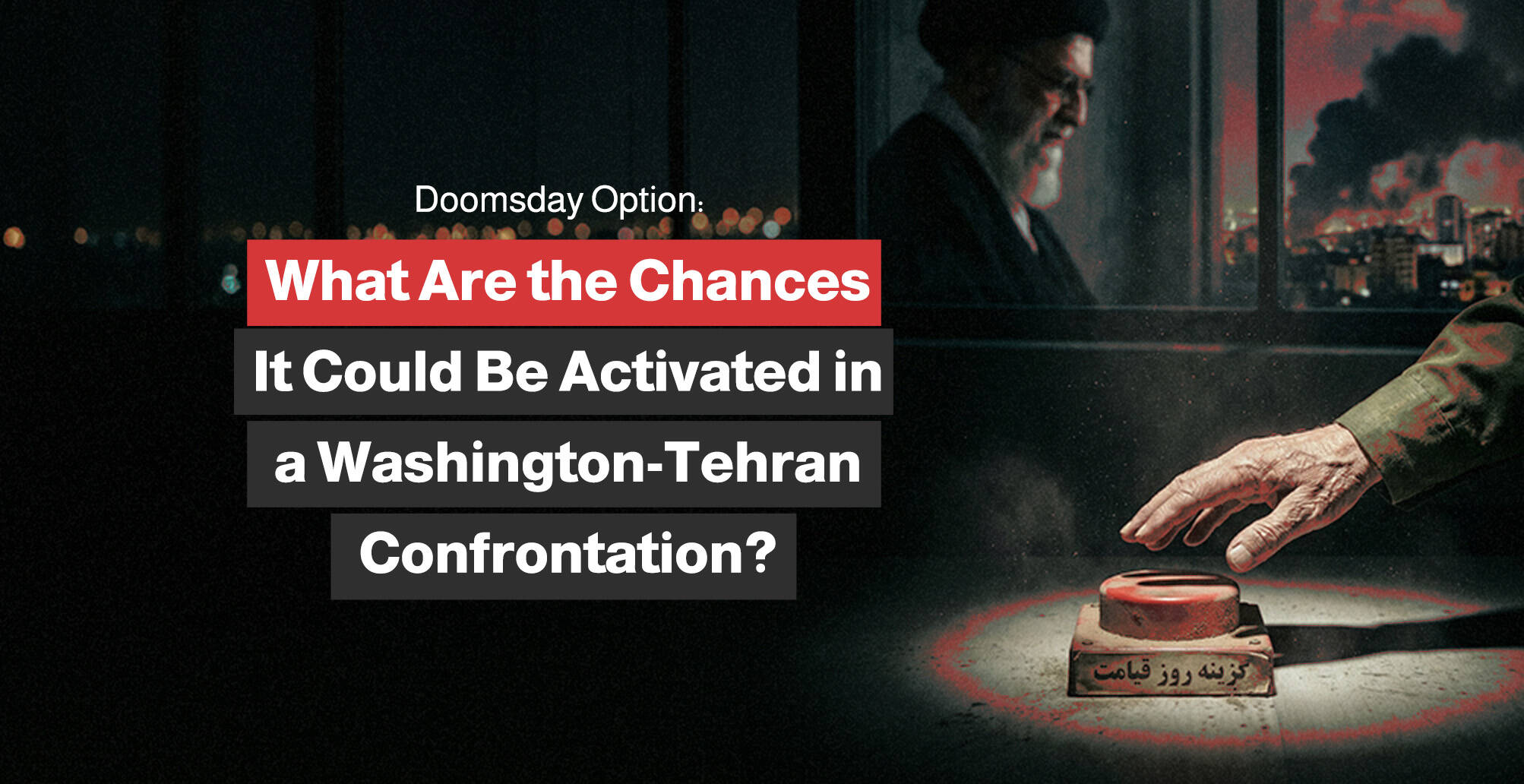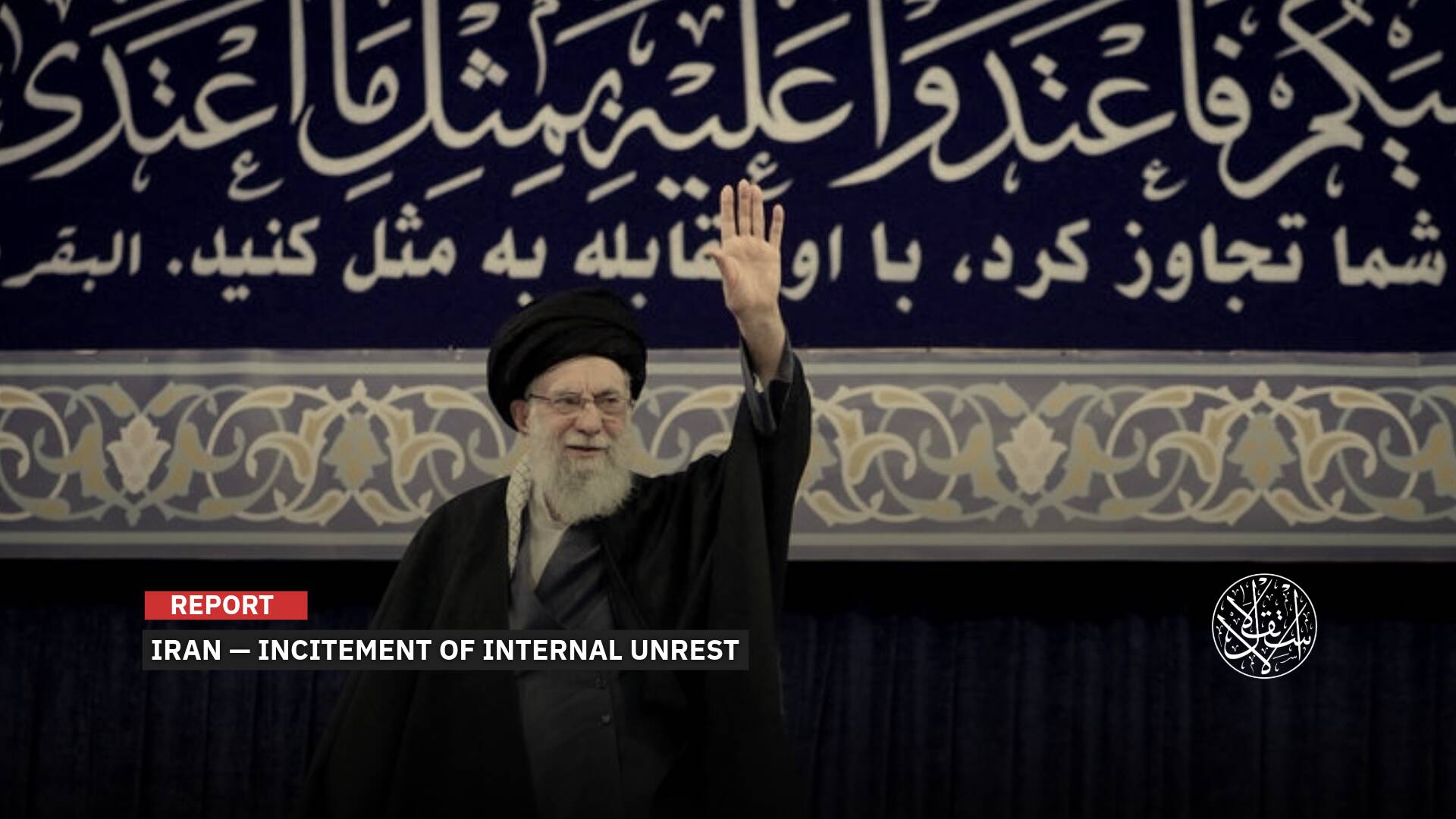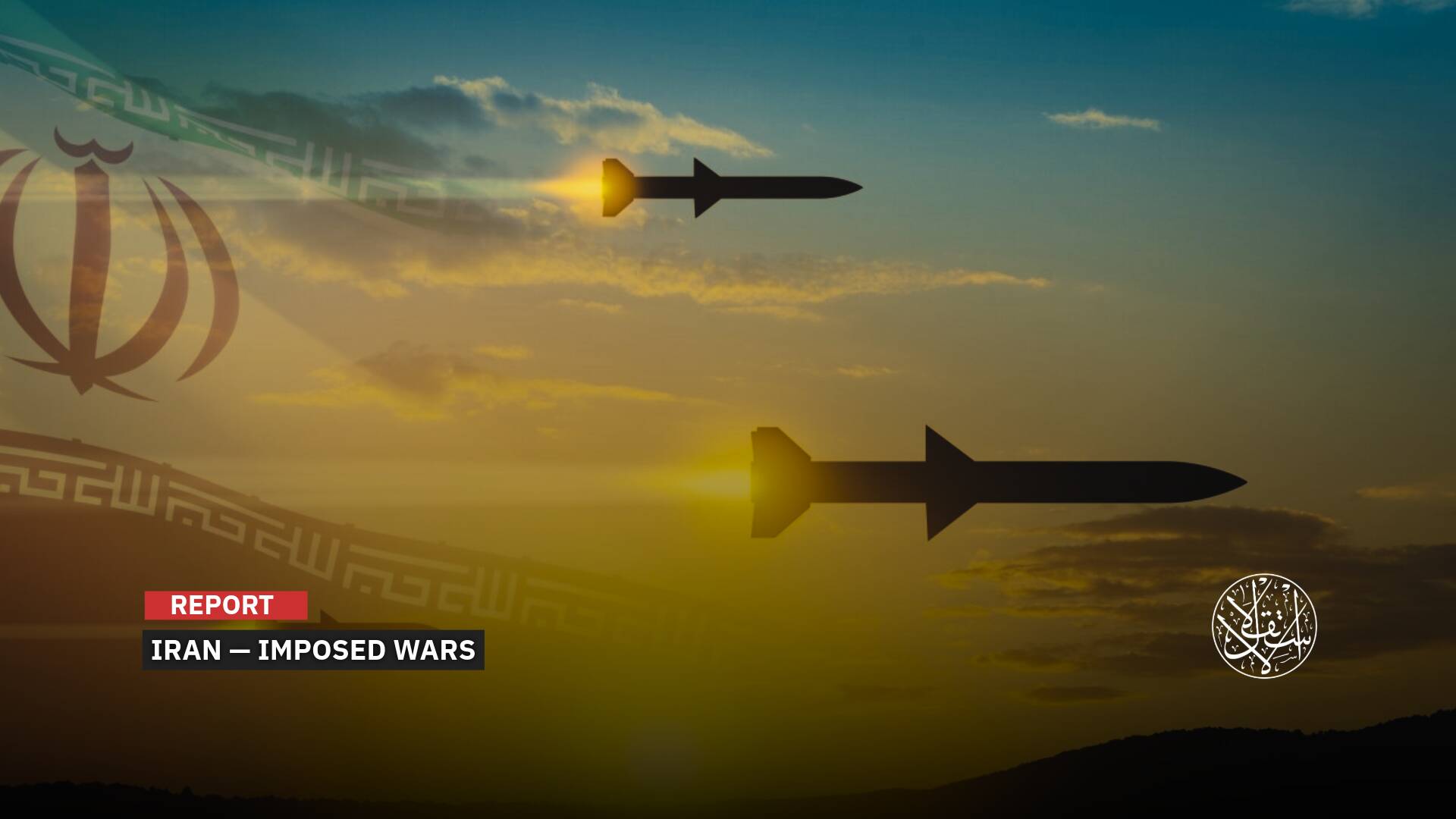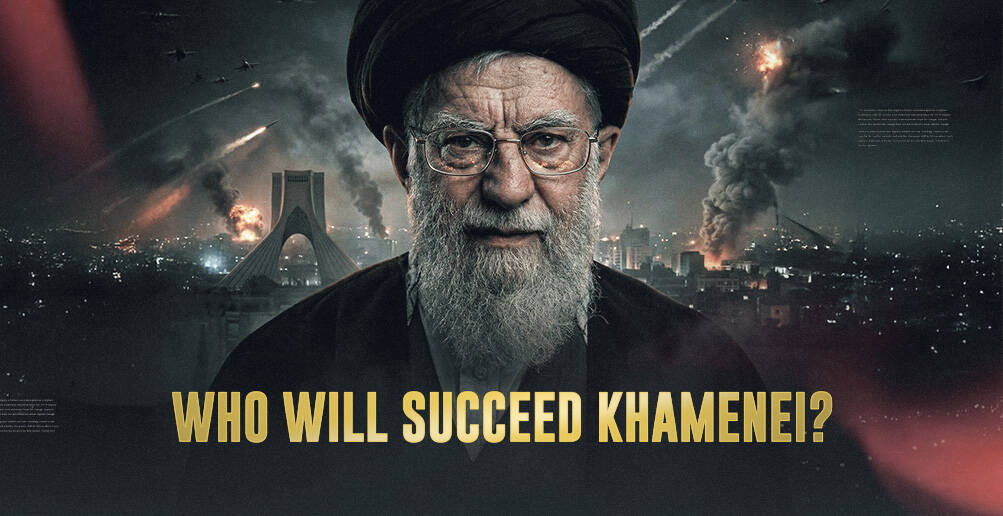From Darfur to Mali: How Did Hemedti Recruit African Fighters Into the Rapid Support Forces?

The phenomenon of foreign fighters and Arab-origin Africans flocking to the Rapid Support Forces has become prominently evident and is widely circulated by newspapers and Sudanese experts.
These elements join the Rapid Support Forces, led by Mohamed Hamdan Dagalo, labeled Hemedti, in their fierce battle against the army, which began on April 15, 2023.
These forces are an evolution of the Janjaweed militia, which emerged strongly in 2003 when former Sudanese President Omar al-Bashir decided to enlist them to confront the rebellion in Darfur.
However, their ethnic roots and extensions go beyond being a currently influential military force.
Few knew that these groups, predominantly characterized as mercenaries, would seize power and become a formidable force that spread chaos in the country within years.
Janjaweed’s Extensions
The militia transformed into the Rapid Support Forces under the leadership of Hemedti, the son of the Arab Rizeigat tribe, one of the most significant branches of the Janjaweed.
The dominance of these forces began when Hemedti turned against the Janjaweed’s leader, Musa Hilal, who belonged to the same tribe. He assumed leadership of those militias and strengthened their power, later renaming them the Rapid Support Forces and becoming a terrifying entity in the minds of many Sudanese.
Despite numerous accusations against the Janjaweed, Hemedti succeeded in integrating them into the Sudanese Armed Forces in August 2013, even though they operated outside the hierarchical military structure.
Today, these forces have become a sanctuary for many individuals ethnically associated with the Janjaweed or Rizeigat. They are recruited as foreign fighters from beyond Sudan’s borders.
On May 5, 2023, Chadian journalist Seid Abkar Ahmed discussed the mindset of African foreign elements joining the Rapid Support Forces in a tweet.
Ahmed stated: “Hemedti represents a legendary figure for the persecuted individuals belonging to Arab tribes from Darfur to Mali. From their perspective, they found a man with weapons, money, and the ability to erase the pain of persecution.”
He added: “That strip from Darfur to Mali contains shared tribes, predominantly from the famous branch of the Mahamid tribe.”
“I am a young man from Chad, which Arab politicians have abandoned, despite enjoying all the privileges. The regime marginalizes me and excludes me from the political system.”
He added: “I heard about a legendary man in Sudan who belongs to my tribe, and it’s easy for me to work with him. That’s why I will rush to Sudan to assist him, and when he gains power there, he will provide me with support and reciprocate the favor.”
The Chadian journalist cited the experiences of many youths in Niger who fell victim to the arbitrary measures taken by the Nigerian government against Arabs due to the water scarcity crisis in 2022.
He continued: “Because they belong to remote areas, it is difficult for them to be integrated into the armed forces or important institutions in the country. Therefore, joining the Rapid Support Forces has provided them with training and a favorable position.”
The Urgency of Hemedti’s Actions
Seid Abkar mentioned that the complexities of the crisis in Mali and the wars that have been occurring since the 1960s between Arab tribes and the Tuareg (a nomadic people inhabiting a vast area of the African desert) against the central government in Bamako are not hidden from anyone.”
He also spoke about “the difficulty of reaching a radical solution to this crisis due to the stubbornness of French colonization and the lack of genuine intention from politicians who find in this social fragmentation a means to achieve their goals.” He believed that the optimal solution for these marginalized groups is to join Hemedti’s forces.
He concluded: “Some non-Arab tribes that suffer from persecution have taken it upon themselves to join the Rapid Support Forces in search of a position for themselves in the event of the project’s success in Sudan.”
If it fails, they will likely have a decisive say in the Darfur region; Akbar added: “Hemedti hastened the war, but if he had waited, he would have gathered a great multitude of people.”
It is worth mentioning that in early May 2022, the Sudanese National Umma Party issued warnings about opening the borders of the Darfur region, which is under the control of the Rapid Support Forces, to military militias coming from West Africa.
The party said in a statement that the region is within “the Sudan Belt conflict” system and is subject to local and international conflicts, particularly the conflict over gold.
They called for an investigation into the influx of fighters from West Africa to Sudan, especially those who were fighting alongside armed military organizations in Niger, Nigeria, and Mali.
The party also called for taking deterrent and explicit measures to monitor the country’s borders with neighboring countries and implementing travel standards with those countries.

The Fighters Paths
On May 10, 2023, Al-Jazeera Net published an investigation by former Sudanese journalists’ captain, Sadiq al-Rizaigi, confirming the existence of “groups returning from the Yemen war who continued to work with the Rapid Support Forces and remained in Sudan.”
European military reports estimated the number of these groups to be around 18,000 fighters, originating from Chad, Niger, Mali, northern Nigeria, and southern Libya, according to the investigation.
Gold mines and private mining in all region countries have attracted many migrant elements and have become hotspots for recruiting mercenaries and war remnants.
The investigation also mentioned that Chadians are the most important foreign elements involved in military operations with the Rapid Support Forces, for reasons including tribal intermingling, cultural similarities, and shared customs with western Sudan, as well as ease of movement, infiltration, and the presence of social incubators.
Diffa region in southeast Niger, on the border with Chad, is an area inhabited by Arab tribes, most notably the Mahamid, who migrated there in 1980 after the civil war in Chad.
The recently circulated videos of individuals within the Rapid Support Forces are attributed to people from this region, and there are other Arab groups as well. There is also activity by the Boko Haram group, whose members are sent to support Hemedti.
They refer to Hemedti as the commander, and all these fighters are well aware of the dangers of war, but they believe in his project because he is the most prominent figure among African tribes of Arab descent.
Their hopes are pinned on him, and he has the potential to bring hope and ambition back to them.

The State Is Absent
Regarding the influx of foreign fighters into the Rapid Support Forces on ethnic and tribal grounds, Sudanese political activist Omar al-Khidhr stated in his interview with Al-Estiklal that “the situation at hand is a natural consequence stemming from the absence and disintegration of the state.”
He further added: “Today, in Khartoum, we see individuals from all corners, from Chad, Niger, Mali, Tanzania, and Libya, all of them have come for the sake of one man, Hemedti, and they have become his soldiers who strike the people of Sudan and the rest of the nation.”
He also pointed out that “it is ironic that the opposition leader in the Central African Republic, known as ‘Jesus Messiah,’ who advocates for establishing a state called ‘Arithea’ there, came to Sudan at the beginning of the conflict between Hemedti and the army.”
This person declared his affiliation with the Rapid Support Forces to fight against the Sudanese army, indicating the dire and chaotic state that Sudan has reached, according to al-Khidhr.
“The worst-case scenario is that all of these individuals are seeking independence for a state in the west, exclusively for the Janjaweed and scattered tribes.”
They possess nationalism, an army, weapons, and all the resources. The most pessimistic hypothesis is their complete control over Sudan, the destruction of the army and state institutions, and the establishment of their own state. At that point, the catastrophe will have befallen the entire Sudanese nation, as estimated by al-Khidhr.
“Therefore, it is necessary to support the army against the Rapid Support Forces and establish a national army and a national state devoid of sectarianism and loyalty except to the homeland. This is what all parties, whether within the civil components, Islamists, or any political faction, must realize.”
The political activist pointed out that “division and narrow visions are what led us to this complex situation, placing Sudan at a crossroads with difficult choices.”
Sources
- Sources and paths of African mercenaries towards Sudan [Arabic]
- The Forgotten Arabs -- Tribes south of the Great Sahara cling to their identity [Arabic]
- How do followers of the Rapid Support Forces think?
- From a camel trader to a leader aspiring to lead Sudan and besiege the army: The strange story of Hemedti's rise and its possible end [Arabic]
- The Umma Party calls for an investigation into allegations of the influx of fighters from West Africa into Sudan [Arabic]



